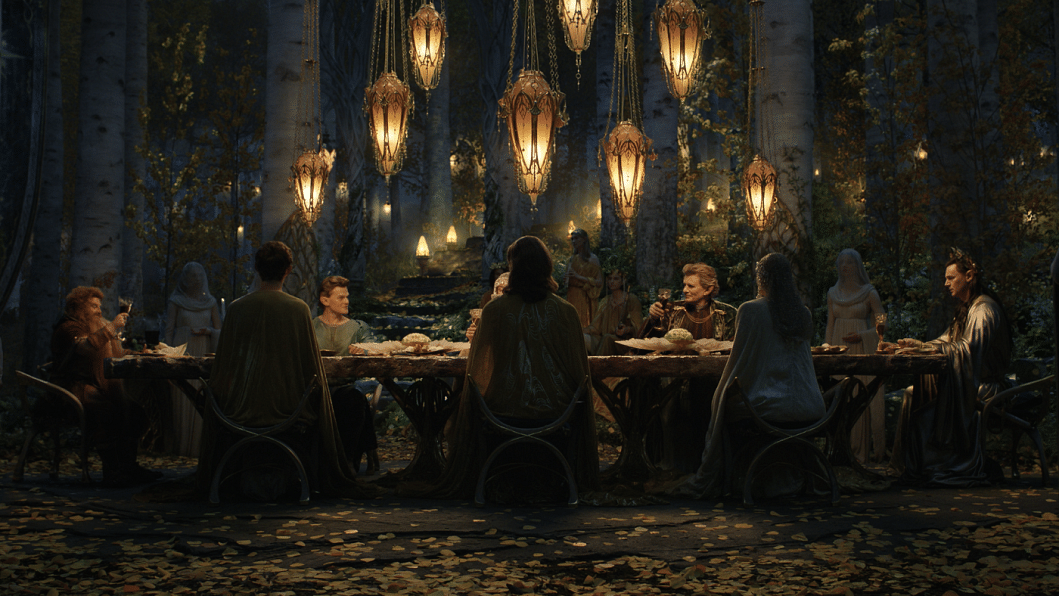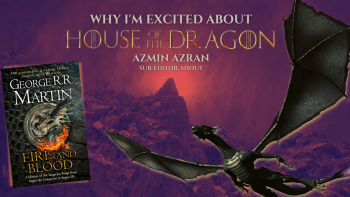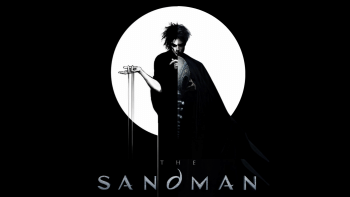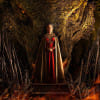‘The Lord of the Rings: The Rings of Power’—One series to fail them all?

21 years after the first Lord of the Rings (2001) film, and eight years after the last Hobbit (2014) film, we revisit JRR Tolkien's Middle-earth once again. Amazon Prime's The Lord of the Rings: The Rings of Power—whose first two episodes released on September 1, 2022—finds the USD 6 billion-grossing franchise turn to television for the first time. The Rings of Power is an adaptation of the six appendices published within the original novel, which detailed the history of Middle-earth, dating back thousands of years before even the ballad of Bilbo Baggins. The new series however, is not a continuation of the six Peter Jackson films.
This distinction is necessitated by the Tolkien Estate, a legal body governed by the English author's descendants, who have adamantly, and for several years, decried the film series, as well as New Line Cinema, the studio behind them (who they have sued on multiple occasions). And so in 2017, when finalizing a new agreement with Amazon over television rights, the estate had one primary stipulation: that director Peter Jackson be removed from any possible role in The Rings of Power.
In many ways, this could have been a good thing. While Jackson has more often than not produced commendable works (including last year's The Beatles: Get Back), the director has released a combined total of 20+ hours of Middle-earth content, including the lackluster Hobbit trilogy. When news broke of the Amazon series, there was not the same fanfare and anticipation as was for the first Hobbit in 2012. In the years since, there have been two tedious sequels and eight seasons of Game of Thrones coming and going (not to mention its own new spin-off, House of the Dragon). The world of The Lord of the Rings, and the possibility of newer appendages, never felt as un-exceptional and undesirable as it does now.
Going into the new series, and the few episodes I can judge of it at this moment, this feeling isn't any less pronounced. The Rings of Power is plagued with the same problem so many prequel properties have had before—and that is the unconvincing argument it makes for its own existence.
The through-line of the show is one of divided politics, compromise, and subterfuge. The rotation of cast and characters all find themselves on unsure grounds. "What do I do? Who do I follow?" the characters wonder all but aloud. There is a great evil apparently approaching, and the central figures align in different, diverging paths. The fallacy of this, though, is that we know who is and isn't on the right path. In the original trilogy alone, we are shown, and told, who the good ones are and who exactly the bad ones are. The tension the show is trying to build falls ultimately slack when one stops to think about what they're watching.
And viewers unfamiliar with any of the two trilogies or wider mythology will fare no better. There is little explanation of who Harfoots or Halflings are, other than that they are. There is no reason perceivable for why races seem to despise the others, apart from that they do. These obvious racial connotations are more lost than ever, not to mention the seemingly unanimous hatred for Orcs, a braindead race with no morality—who, if given an analogous representation of a people, as is given to every other species, are defiantly anti-humanistic.
What point is Lord of the Rings making in 2022? That people are racist and wage wars? The original trilogy, from two decades ago, was making that same point. The Rings of Power, even on its own, feels hollow and charmless. It is ultimately a nice, agreeable kind of show, whose object was to be a bare-minimum Game of Thrones. (It comes as no surprise that Jeff Bezos personally oversaw the negotiations, demanding a show in the exact vein as the HBO hit.) For a world with literal magic, the screen rarely sings with dream-like glee. It comes alive only in the scenes with the mysterious stranger and a Harfoot (which is a kind of hobbit, if you must know, which is also a kind of halfling).
The series' scattershot pacing will also offer no assistance. A good chunk of the series will fly over your head in speeds both whiplash- and sleep-inducing. One episode spends its first 15 minutes showing you the full breadth of a world, without stopping to tell you why it matters; while the next episode, which has more to like in it, clogs the screen time with its least captivating characters.
Hopefully in the remaining six episodes, we see more of what is good: the Harfoots, who are clearly the heart of the story; and less of what isn't working: Galadriel and Elrond—characters derived from the original trilogy—receiving far too much screen time. The series, as it is presently, fails to be the next Lord of the Rings, or even the next Game of Thrones.
Mehrul Bari S Chowdhury is a writer, poet, and artist. He is currently pursuing an MA in Creative Writing at the University of Kent, and has previously worked for Daily Star Books.

 For all latest news, follow The Daily Star's Google News channel.
For all latest news, follow The Daily Star's Google News channel. 









Comments